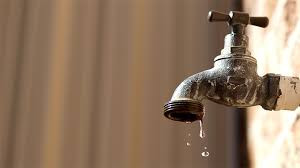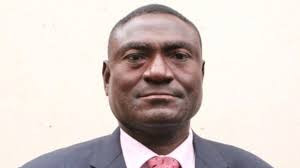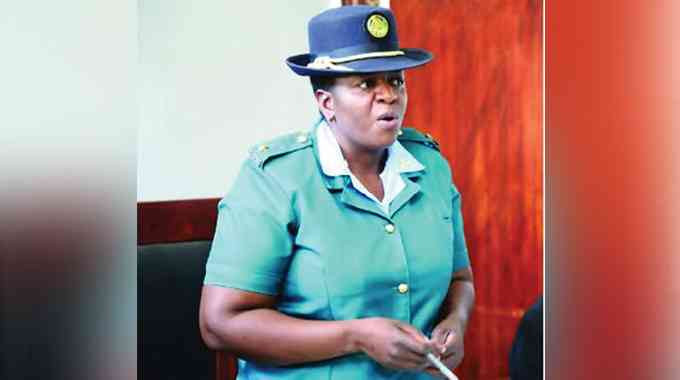
A BULAWAYO councillor has called for unity among stakeholders for the city to have uninterrupted watersupply.
There are reports that the city is experiencing perennial water shortages due to climate-induced and infrastructure-related challenges.
Ward 26 councillor Mpumelelo Moyo, who is also the city’s finance and development committee chairperson, told Southern Eye that he believes the vision of a water-secure city was achievable if all stakeholders put their heads together.
He further contended that it was time for stakeholders to think outside the box to take Bulawayo forward.
“Ward 26 has in the past seen some areas not accessing water due to the different gradients in the suburb, being a councillor puts one in the nucleus to drive local development.
“The city's policymakers can contribute to improved service delivery by proffering alternative solutions that are practical, feasible and cost-effective,” Moyo said.
He called on residents to be proactive and engage council, citing innovation as the only way to improve service delivery in line with the city’s vision.
“I believe times are changing and there are things that we may need to do differently as a city. We have aging sewage and water infrastructure, which is ordinarily called off-site infrastructure, which cannot be funded by the revenue collected from residents,” he said.
- Revisiting Majaivana’s last show… ‘We made huge losses’
- Edutainment mix: The nexus of music and cultural identity
- ChiTown acting mayor blocks election
- Promoter Mdu 3D defends foreigners 30 minute set
Keep Reading
Moyo said the city had done well in proposing the establishment of a 100% council-owned water and sanitation utility.
“Such utilities are agile in attending to the challenges faced by cities. For instance, the turnaround time for acquiring equipment for repairs and attending to repairs is faster,” he said.
“The water and sanitation utility can attract funding outside council's normal channels, which is normally bill payment and is usually exhausted in recurrent expenditure.”
He said bulk water delivery could improve supplies as council would be in a position to replace obsolete infrastructure that had seen the city lose up to 48% of treated water.
“I have no doubt this will be achieved soon, taking into consideration the various initiatives in place within council and government’s commitment to completing the Gwayi-Shangani Dam,” Moyo said.
He said addressing the water challenges effectively meant dealing with sewer bursts that were exacerbated by water shedding.
“Sewer bursts are inevitable when there is water shedding since there would not be enough flow of water in the pipes and sludge is created. When water supplies are restored, there is very little flow in the system, causing these sewer chokes,” Moyo said.
He said as part of mid-term strategies to improve water delivery, council was conducting feasibility studies to assess the possibility of accessing underground water in the Nketa area.
“Other initiatives that were proposed are the Nketa/Emganwini Aquifer, construction of the Glass Block Bopoma Dam through the joint venture initiative between the Zimbabwe National Water Authority and JR Goddard, and the government is seized with the completion of Gwayi-Shangani Dam.
“I have no doubt that shortly water challenges will be a thing of the past for the City of Bulawayo and our sewage challenges will also drastically reduce once we have water flowing in our sewage pipes around the clock,” Moyo said.








